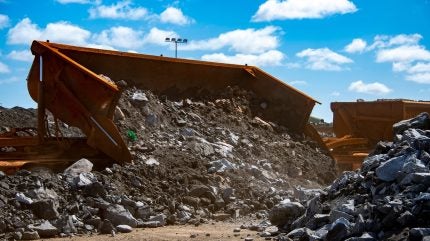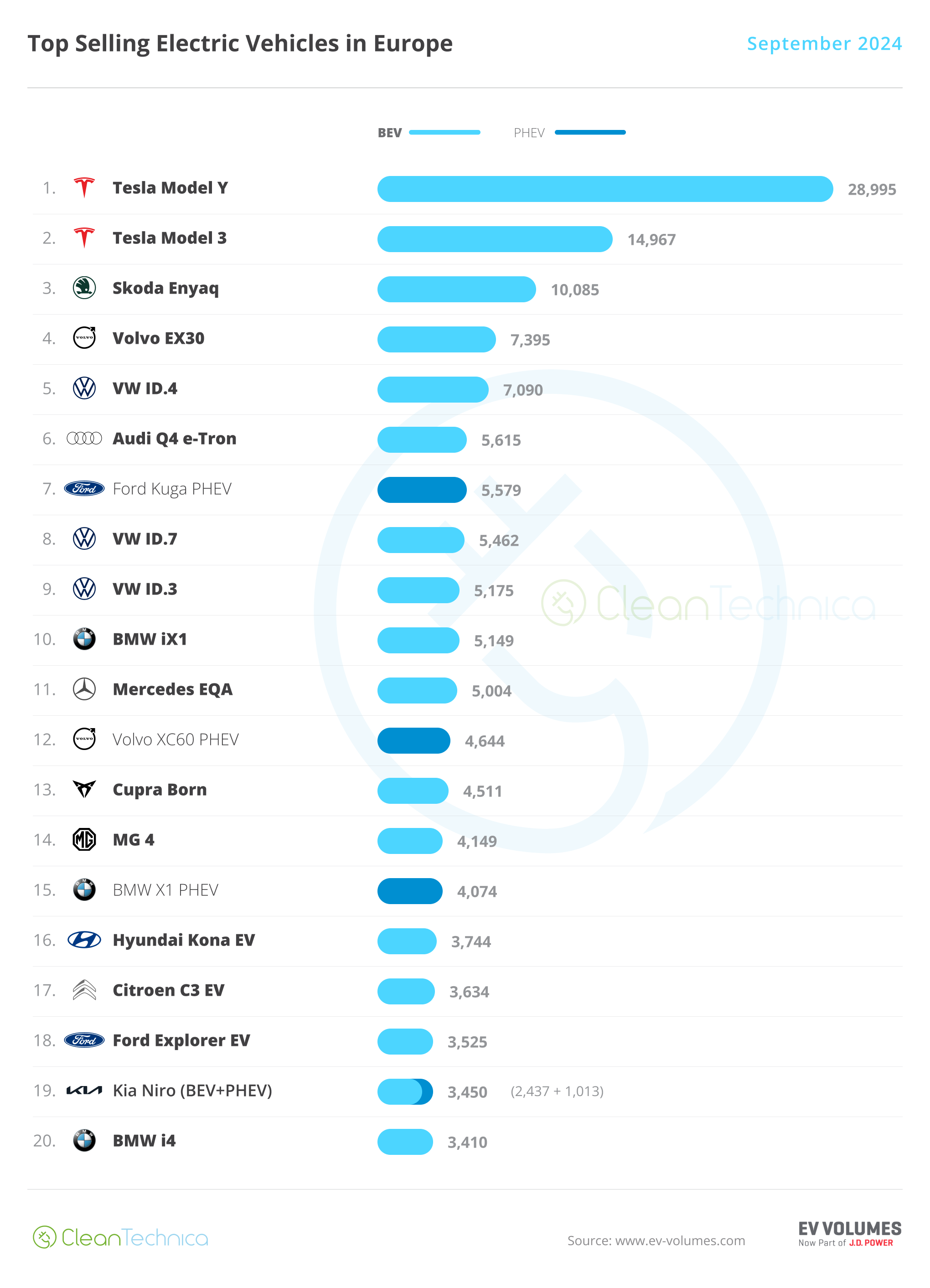
Indonesia is restructuring its nickel mining and processing projects to reduce Chinese investment, reported the Financial Times (FT).
This move is intended to qualify Indonesia for the US IRA, which offers tax breaks from 2025 but excludes electric vehicles (EVs) with critical minerals like nickel linked to “foreign entities of concern”.
The Indonesian Government and industry are now structuring new investment deals to make Chinese companies minority shareholders, which could help attract IRA tax credits.
Said to be the world’s largest nickel supplier, Indonesia has seen a significant influx of Chinese capital in recent years.
However, the IRA stipulates that EVs with batteries and critical minerals sourced from companies with more than 25% Chinese ownership will not benefit from tax breaks.
This has prompted Indonesia to consider new investment structures and potentially negotiate a trade agreement with the US specifically for its nickel industry.
Access the most comprehensive Company Profiles on the market, powered by GlobalData. Save hours of research. Gain competitive edge.

Your download email will arrive shortly
We are confident about the unique quality of our Company Profiles. However, we want you to make the most beneficial decision for your business, so we offer a free sample that you can download by submitting the below form
By GlobalData
Indonesia Deputy Co-Ordinating Minister for Investment and Mining Septian Hario Seto was cited by the news agency as saying that the government officials have been in talks with investors to build new smelters in which China-based companies will have less than a 25% interest.
Seto said that a new $700m smelter project is being developed with a Chinese company holding a minority stake. The project partners also include companies from Indonesia and South Korea.
However, Indonesia has not mandated a limit on Chinese ownership.
Last month, Reuters reported that Freeport Indonesia commissioned its $3.7bn Gresik copper smelter in East Java.
The smelter, which has an input capacity of 1.7 million tonnes of copper concentrate, is expected to meet the surging demand for copper essential for renewable energy technologies.
Sign up for our daily news round-up!
Give your business an edge with our leading industry insights.




